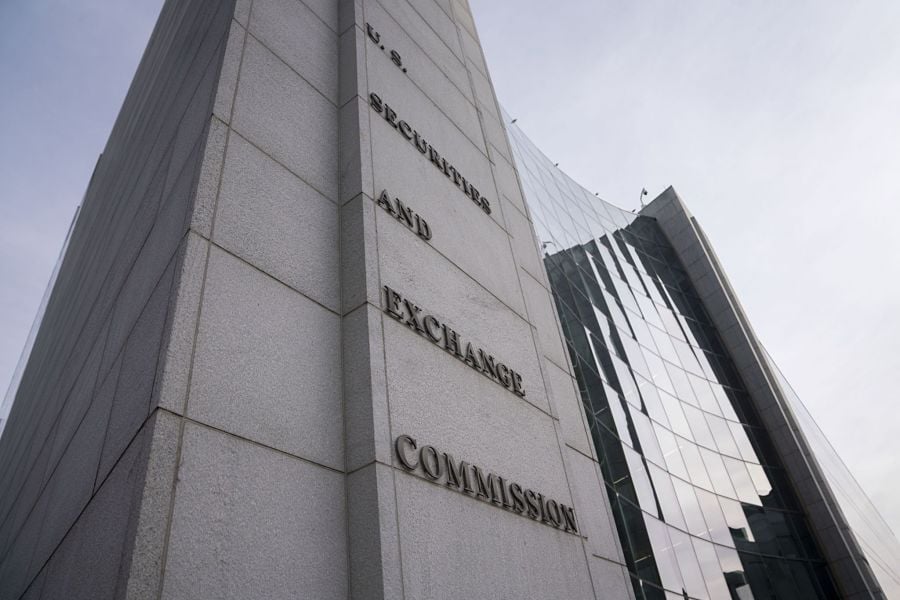

The Securities and Exchange Commission is boosting its scrutiny of how well companies disclose risks that climate change poses to their businesses, one of the agency's first moves to confront an issue that’s key to the Biden administration’s policy goals.
SEC acting chair Allison Herren Lee will ask the agency’s corporate finance group to focus on climate in their reviews of corporate filings that are pored over by investors, the regulator said in a Wednesday statement.
The move could prompt new rules or an update to guidance the regulator issued in 2010 on climate disclosures.
“Now more than ever, investors are considering climate-related issues when making their investment decisions,” Lee said in the statement. “It is our responsibility to ensure that they have access to material information when planning for their financial future.”
Lee’s announcement comes as President Joe Biden’s pick to permanently lead the agency, Gary Gensler, is awaiting Senate confirmation. Gensler will face lawmakers’ at hearing next Tuesday, with questions about whether companies are sharing enough with shareholders about how global warming impacts their bottom lines sure to come up.
While Lee’s time leading the regulator may be short, Gensler is widely expected to continue her efforts as he also makes climate issues a focus during his tenure.
Lee has pointed to the growing importance of environmental, social, and governance issues as acting chair. The SEC earlier this month named Satyam Khanna as senior policy adviser for climate and ESG. ESG matters are of “great significance to investors and the capital markets,” Lee said at the time.

Ameriprise is offering up to 125% of trailing revenue to poach top-producing Commonwealth advisors from LPL as a recruiting battle continues to rock the independent advisor industry.

Amid growing regulatory and demographic tailwinds, advisors who embrace retirement planning can tap into an entirely new pool of clients.

Inflation, Social Security uncertainty, and day-to-day expenses are fueling retirement insecurity across all generations.

The former Treasury secretary envisions an avalanche of noncompliance as the federal tax agency weathers massive workforce reductions and a string of walkouts in its leadership.

United Planners’ costs related to lawsuits and regulators’ actions into the advisor continue to rise.
RIAs face rising regulatory pressure in 2025. Forward-looking firms are responding with embedded technology, not more paperwork.
As inheritances are set to reshape client portfolios and next-gen heirs demand digital-first experiences, firms are retooling their wealth tech stacks and succession models in real time.
